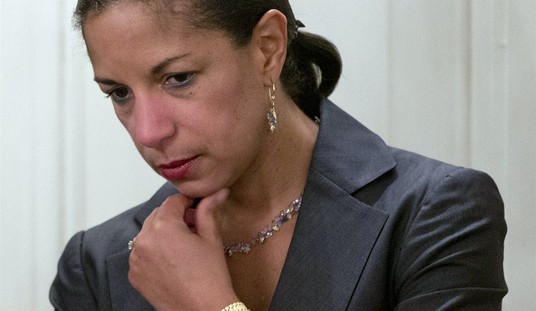In 1968, a crank named Paul Erlich wrote a book called "The Population Bomb," which predicted that the planet would soon be buried under a seething, roiling mass of humanity. The first edition of this book, which had to be edited out later for obvious reasons, claimed:
The battle to feed all of humanity is over. In the 1970s hundreds of millions of people will starve to death in spite of any crash programs embarked upon now. At this late date nothing can prevent a substantial increase in the world death rate.
Obviously, this didn't happen. I remember the 1970s, and I can promise you, hundreds of millions of people did not starve to death. (Trust me, we would have noticed.) But now we may be facing just the opposite problem. Many of the developed nations of the world are facing a serious demographic crisis. Russia, China, Japan, and most of the nations of Europe seem to have just opted out of the one thing above all else a nation or a population must do to continue: Having babies. Even here in the United States, we're starting to see a disturbing decline in birth rates.
In country after country, the stark, awful news emerges on a nearly daily basis: birth rates are plunging as women disengage from traditional marriage and family life, and young men do the same.
The U.S. is no exception.
Last year, the U.S. fertility rate plunged to an all-time low of 1.6 children per woman, a rate roughly 24% below the 2.1 children required just to keep (the) population from shrinking, according to the Centers for Disease Control and Prevention.
The details are grim: “Fertility rates declined for women and girls ages 15-34 between 2023 and 2024, remained unchanged for women ages 35-39 and rose for women ages 40-44, the data show.”
There's a silver lining: Republican families are having more children than Democrats, although still not quite at the replacement rate. This is almost certainly because Republicans are more likely to be people of traditional values, which include marriage and children, preferably in that order.
In part, this decline is due to the increasing urbanization of our population. A century ago, in the United States, the majority of American families were involved in agriculture. Children are a vital asset to farm families (believe me!) and, in addition to providing free labor, also serve as old-age insurance and assure continuity of the farm. My grandparents maintained what was known as a "century farm," it having been homesteaded before the Civil War, and worked by several generations of Batys. That's a kind of stability we don't often see today. And the Batys had big families: My grandparents had six kids, my great-grandparents on that side had five, and nine.
Now, children in urban and suburban households are more of an expense than an asset. They must be fed, educated, and provided for until they are self-sufficient. Oh, and our education system isn't all it should be.
There's another elephant in the room: Islam. Muslim families are actually increasing as a percentage of the population in many developed countries, and may well achieve a majority - one study says this could happen as soon as 2035. Ten years from now, in other words.
So, what can be done about it? Well, here are some ideas.
- Cut taxes, reduce regulation. This not only makes home and family more affordable, but it also frees up one parent to be a full-time caregiver, as was traditional only a few short years ago. That's better for kids. It's better for families.
- Reduce or eliminate barriers to real-estate developments. Too many young people can't afford homes. That's a bar to parenthood.
- Privatize the retirement system. Do away with Social Security as it exists. Tie each person's account to them, personally, and make it inheritable. This allows the building of wealth over generations and encourages family growth.
- Base public policy, especially energy policy, on facts. A good economy makes families more affordable, and every single thing in any economy is based on energy - cheap, reliable energy fosters growth, fosters the development of wealth, and makes the expense side of the calculation easier on our increasingly urbanized population.
- Fix the broken education system. Make it so that parents can once more have some faith in their kids' schools.
There are many more societal problems, as well, but these must be handled, not by government policy, but by parents making market choices - and supervising their kids.
Read More: Netflix Runs Into a Conservative Buzzsaw After It Pushes Transgenderism on Children
The future belongs to those who show up for it. Right now, most of the world isn't doing its part. Here in the United States, though, it's not too late. We haven't gone too far down that road yet, as Russia, China, Japan, and Europe may well have. A smart mix of policy and incentives could help the American family and make sure that America continues to grow and to prosper.
As for us, we have four kids and six grandkids. We've done our bit.













